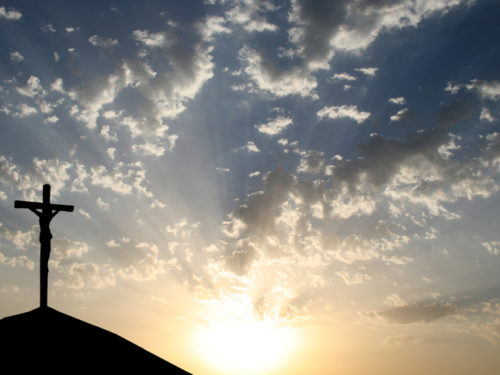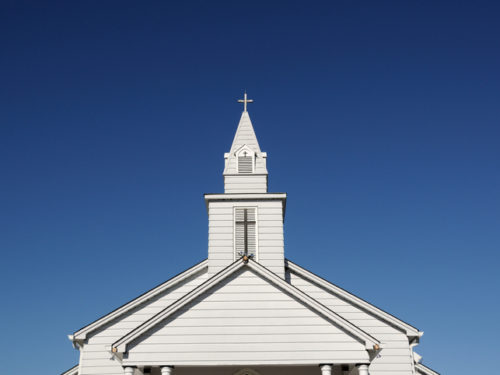 Uncategorized
Uncategorized
In light of the multiple thousands of denominations existing over and against Je...
 Uncategorized
Uncategorized
By: ECO Team
We haven’t figured it out yet. This shift from being an established, primarily attractional church to one that lives as a missional church. We are still in process. I think that is actually okay. The danger is actually in thinking we have arrived, that we have somehow checked all the boxes and figured it all out. I was reminded recently that the missional movement is not simply about “doing” something (although action is of course imperative!), but to live as a missional church is primarily about “being.”
In other words, we are not just talking about what we do, but who we are as God’s people.
I know some people are sick of the word, “missional.” Maybe it is tempting to roll our eyes at the buzz-wordiness of it. But I believe wholeheartedly in the missional movement (and I am not just saying that because the word, “missional,” is in my job title). At its core the missional movement is a prophetic call back to the heart of God. It is a much needed reminder of who God is and what God is up to in our world, and it is a much needed reminder of what it means to be the people of God.
At the core of our identity, we are ones sent by Jesus. This is what it means to be a missional church. God is a missionary God, and God is forming a missionary people to participate in God’s mission. Forming us. We are a people in process.
To live as ones who are sent, to live as a missional church, it is a constant process of discovering the relentless love of Jesus for us and for the world, discerning where God is at work, and what it means for us to join Him there. It is a constant process of learning, of dying to self, of confessing idols, and confronting lies that we have believed as a church.
I recently read of a Swahili saying,”pole, pole”, or “slowly by slowly”. According to author Jena Lee Nardella, this refers, “not just to speed, but also to the uneven, up and down, three-steps-forward-two-steps-back nature of life.”
Pole, pole. We are learning what it means to follow Jesus in His redemptive mission. We are being challenged by the call of Jesus, convicted by Scripture, and asking questions of our context and of ourselves. Sometimes the change feels so uneven, three steps forward two steps back. But we trust that the Holy Spirit is on the move. In our world. In our city. In our neighborhoods. In us. We are a people in process.
(1) What can we celebrate? Tell the stories! Big moments and small. Rejoice for God is for us and at work in us! It is easy to get down on ourselves on how we aren’t “there” yet (and tempting to give into cynicism), but it is crucial to celebrate the stories of transformation, the stories of how people are living on mission, and how we are all being drawn into God’s story.
(2) Are we resting? We aren’t very good at this. I am not very good at this. (The hypocrisy in me even typing this is overwhelming me). But there is something about the slowing down that allows us to listen and hear and to become who Christ is forming us to be. It is space to remind ourselves that we are talking about God’s mission. Not ours. We don’t save the world; we follow the Savior.
(3) Where are we stuck? This is a big one for us right now. We have to slow down enough to ask some hard questions. Where are we stuck right now? You know that feeling that you are hitting your head against the wall? What is at the root of it? What idols are we holding onto? What are the “sacred cows,” and the other obstacles that keep us from moving forward and living more fully as sent ones?
(4) What is our context? We need to learn our own city. How does the story of First Pres intersect with the story of Colorado Springs? As a friend reminded me this past week, context is crucial—not importing ideas from other places, but listening and learning well our own context. Taking on the posture of a missionary, ask questions, be present, learn.
What is your context?
 Uncategorized
Uncategorized
In light of the multiple thousands of denominations existing over and against Je...
 Uncategorized
Uncategorized
My first pastoral call was to the First Presbyterian Church of Winnfield, a litt...
 Uncategorized
Uncategorized
This semester, I’m teaching “The Holy Spirit and the Church.” Our primary textbo...